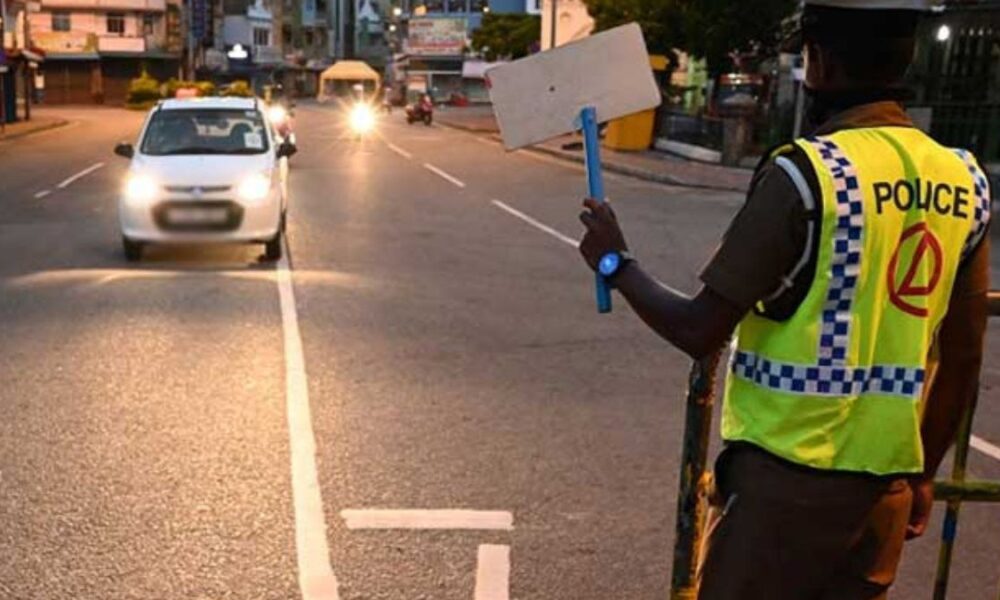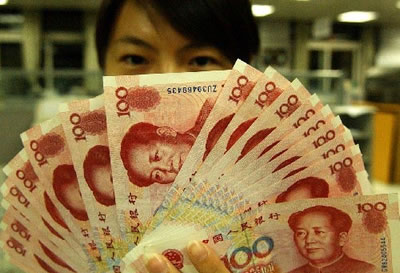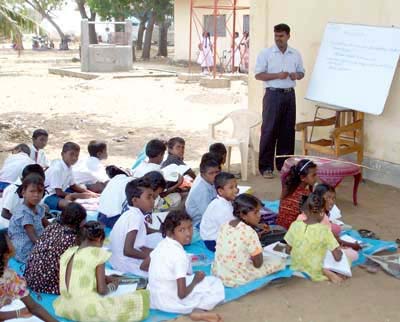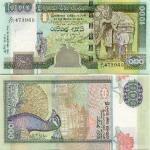Coming Contradiction
When Sri Lanka's military finally defeated the Liberation Tigers in May 2009, having also slaughtered tens of thousands of Tamil civilians, President Mahinda Rajapakse and the rest of the Sinhala establishment were confident that not only would the Tamils now meekly acquiesce to Sinhala rule, but so would the international community. They were wrong on both counts. Not only have the Tamils endured the ravages inflicted on them during and after the war, they still stubbornly insist on their demand for self-rule. On the other hand, rather than embrace the Sinhala ethnocracy, the international community is doggedly pursuing its transformation into a liberal market democracy.







